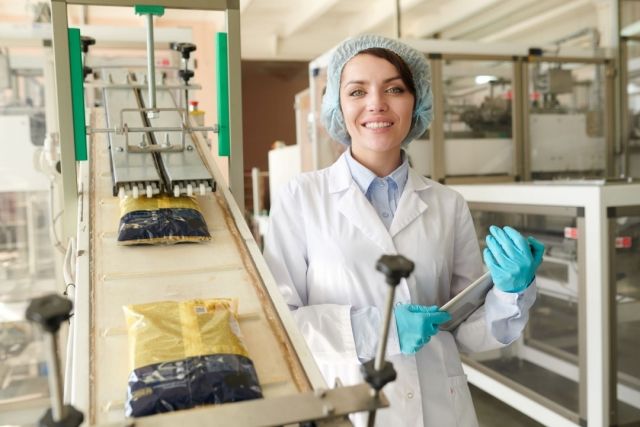 You may be concerned about many things these days – touching your face, handshakes, your mate’s sneeze, even your coworker’s incessant whistling– but you can rest assured America has the safest food industry in the world.
You may be concerned about many things these days – touching your face, handshakes, your mate’s sneeze, even your coworker’s incessant whistling– but you can rest assured America has the safest food industry in the world.
Today the Department of Homeland Security deemed workers in the Food and Agriculture sector – agricultural production, food processing, distribution, and allied industries – as essential critical infrastructure workers. The officials state, “Promoting the ability of our workers within the food and agriculture industry to continue to work during periods of community restrictions, social distances, and closure orders, is crucial to community continuity and community resilience.”
Rightfully so, considering these people are the country’s defense against food shortages and malnutrition. There are no nationwide shortages of food. Although in some cases, the inventory of certain foods at your grocery store might be temporarily low before stores can restock. Food production and manufacturing are widely dispersed throughout the United States and no widespread disruptions have been reported in the supply chain.
"As a Preventive Controls Qualified Individual," said Joe Pennington, president of Stevenson Company, Inc., "I can assure you that those of us working inside food facilities are conscientious about your family’s health. After all, my family is eating the same food that comes out of these plants. The hairnets, boot covers, lab coats, disinfectant, safety glasses, gloves, and soap that we use habitually is all intended to prevent the transmission of any germs."
"These are good manufacturing practices that we use every day," he said, "and we are particularly mindful in these times of high anxiety. To be clear, there is no evidence of food or food packaging being associated with transmission of COVID-19. Foodborne exposure to this virus is not a route of transmission."
For your peace of mind, know that these are some of the measures employed at the plants where Stevenson Company works:
- Food facilities are required to use EPA-registered “sanitizer” products in their cleaning practices.
- In addition, there is a list of EPA-registered “disinfectant” products that have qualified for use against SARS-CoV-2, the coronavirus that causes COVID-19.
- Most plants are highly automated, and none allow bare human contact with product.
- Food facilities are scheduling frequent cleanings, even under higher production demands.
The entire industry is closely cooperating with health officials so that timely and accurate information can guide appropriate responses in each location where their operations reside.
So, you may be distressed about personal contact or airborne germs -- but as far as the food going into your mouth, you can take that worry off your plate.
